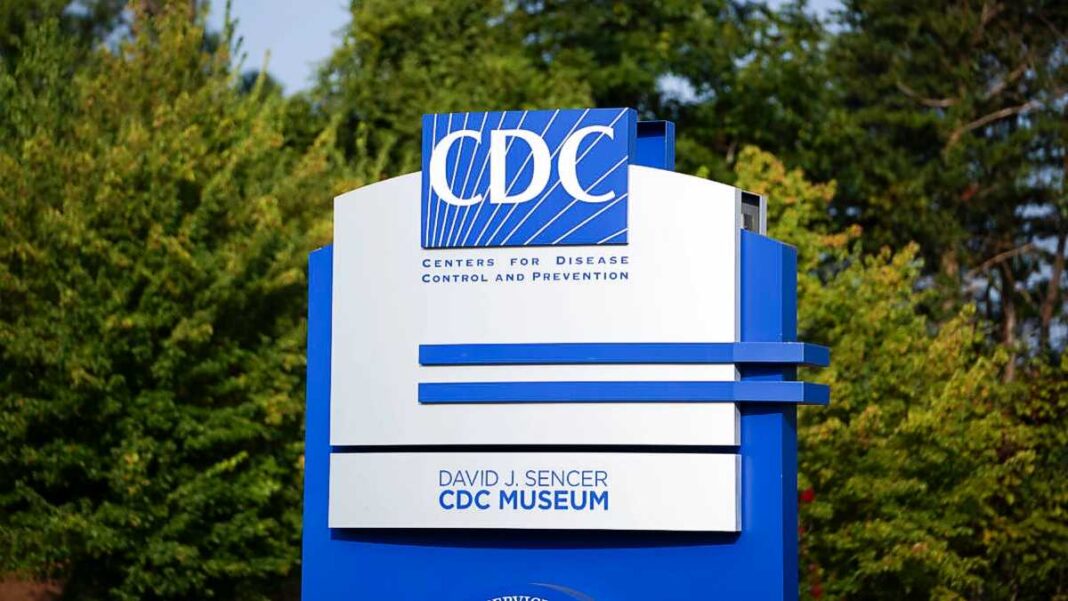Clinical trial results were manipulated by the manufacturer to exaggerate the drug’s effectiveness, especially for off-label use.
For many COVID-19 survivors, the inability to smell life’s aromas is an unseen affliction that lasts months after recovering from the infection. This hidden impairment robs them of a primal sense, leaving them disconnected.
Hope emerged when doctors prescribed gabapentin to treat COVID-related smell loss. But new research has deflated expectations, finding in a double-blinded, placebo-controlled clinical trial that the medication is ineffective.
Gabapentin Falls Short in 8-Week Trial
The trial ran from January 2022 to February 2023, involving adults with at least three months of smell dysfunction after COVID-19 infection. Those with other causes for smell disorders or inability to take gabapentin were excluded.
Researchers enrolled 68 participants, randomly assigning 34 to a placebo group and 34 to an oral gabapentin treatment group. All patients were exposed to the maximum tolerable dose for four weeks. After that, doses were adjusted to the highest tolerable amount, maintained during an eight-week fixed-dose phase. In the gabapentin group, 56 percent received the maximum dose of 3,600 milligrams daily.
After completing that phase, 41 participants were tapered off and monitored for four more weeks.
The researchers found no clinically meaningful difference between the gabapentin and placebo groups over the entire duration of the trial.
“Changes in subjective olfactory function, objective odor identification, and olfactory-related quality of life were neither clinically meaningful nor statistically significant,” the trial researchers wrote.
However, the authors noted that the findings applied only to an eight-week treatment period. Longer treatment may yield different results.
Side Effects
The most common adverse effects were fatigue, reported by 10 in the gabapentin group and 11 in the placebo group, along with expected side effects like dizziness, weight gain, and brain fog in the gabapentin group.
No serious adverse events occurred in either group.








